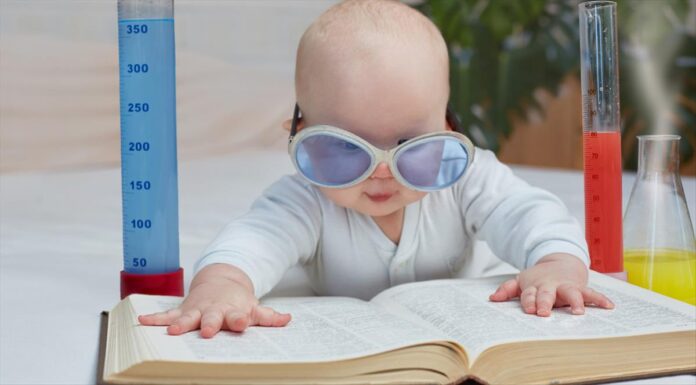It is important to talk about science and technology with children, so that they grow up with analytical thinking, so that they better understand the world in which we live and can grow with the greatest number of variables in their hands, so that they can make a decision about what they want to dedicate themselves to without being afraid of what may seem complex at first.
You don’t have to be a chemist or an engineer to talk about these issues with the little ones, there is a lot of literature that shows the bases with the appropriate language, both for adults and children, and today I will show you four examples that I highly recommend.
This was supposed to be the future
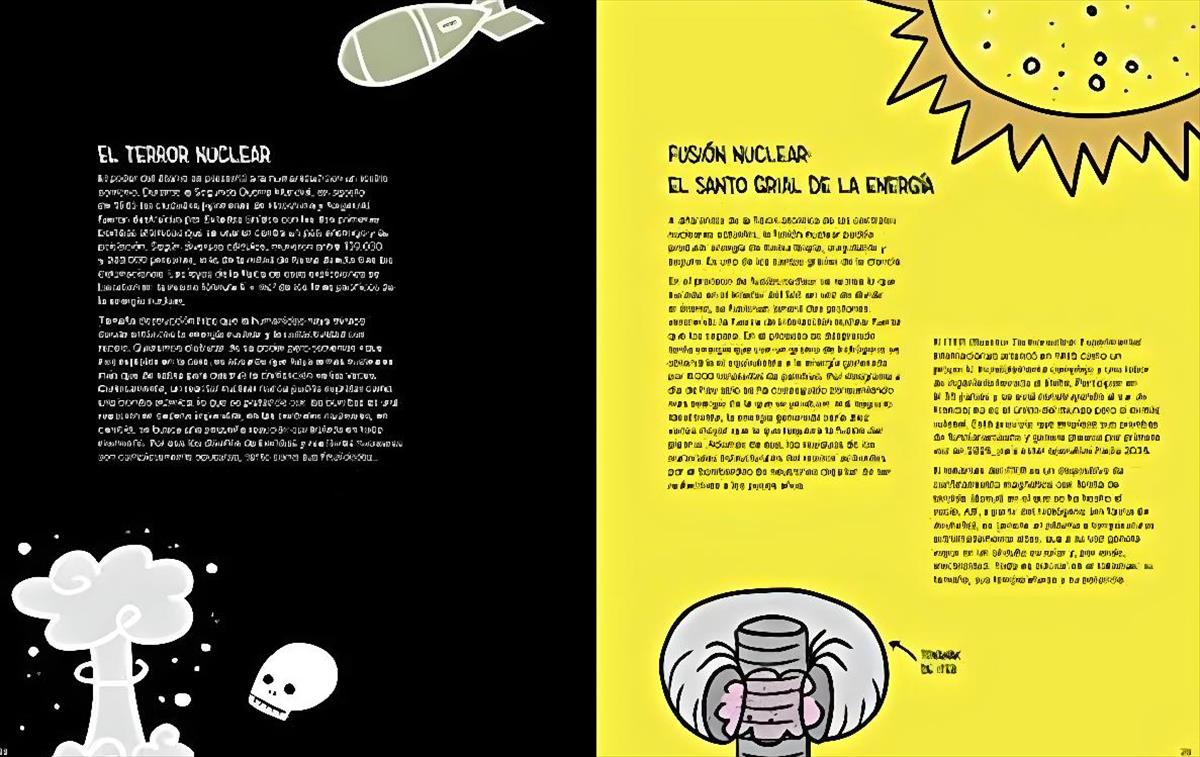
From the creators of Microservants. We are talking about a gem written by people who have been writing about science and technology for many years. Very diverse topics related to what was expected of the future and what we currently have are covered, but details are also discussed about how the Internet was born, what hackers are, where we are in the space race… all illustrated, with clear vocabulary for children and girls from 12 years old.
There has been information of this kind on the microservant blog for many years. When WWWhatsnew was born in 2005, they were already writing.
Link: Amazon
101 space questions and answers
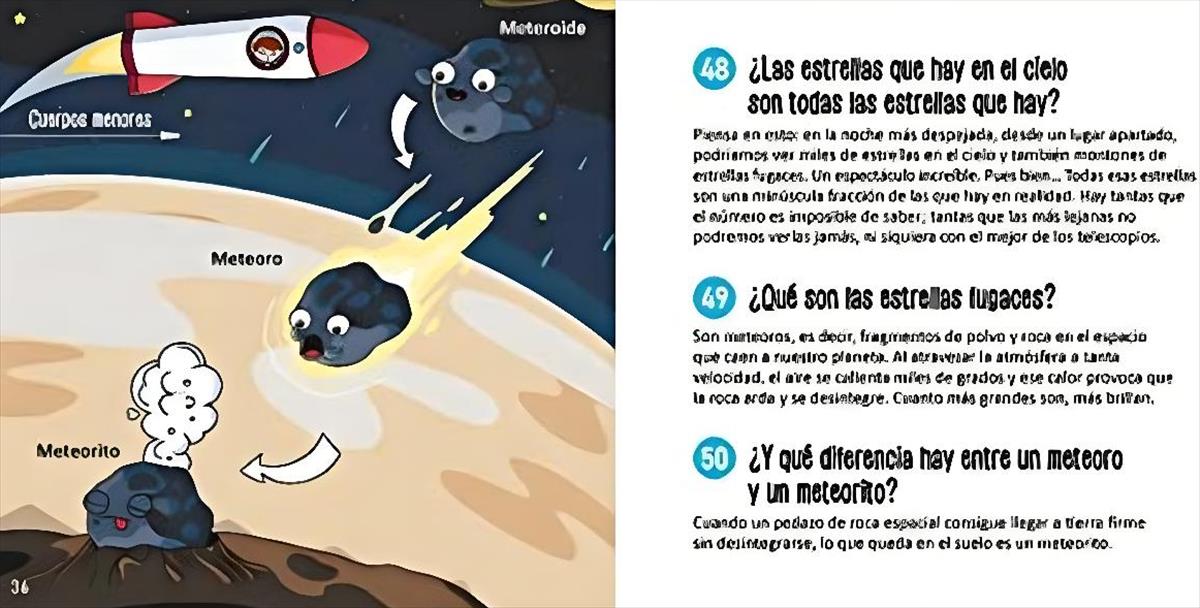
More oriented to the world of astronomy, we have a fantastic book for even younger children. 101 questions with their respective answers, funny illustrations and extremely clear and exact texts. It is written by Carlos Pazos, scientific popularizer known for his blog Mola Saber.
Learning about space helps us answer many questions that appear in childhood, it has been the key topic in the world of science for thousands of years, and it will continue to be so in the future, now that there are so many projects ranging from the telescope James Webb to missions to the moon or Mars.
Link: Amazon
The periodic table book
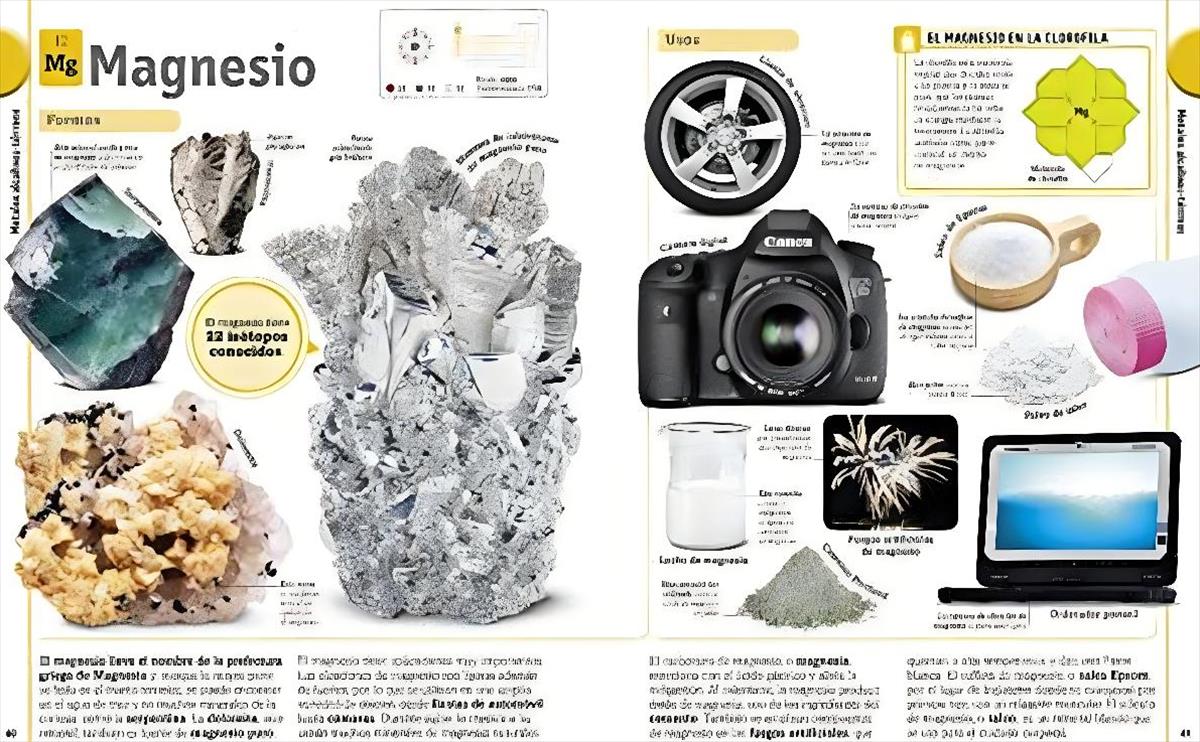
For the world of chemistry, there is nothing like the periodic table, and it can be much more fun to learn if we know better the elements that are shown there.
This illustrated book explains the usefulness of each element, both in nature and in industry. He explains it very clearly and precisely, without complicating anything, so it is ideal to complement what is learned when they start with the subject at the age of 15.
It is also an ideal gift for children between 8 and 12, since they will begin to familiarize themselves with the elements by seeing more than 1000 photos and small descriptions that help to know what the world is made of.
Link: Amazon
Two books to do experiments
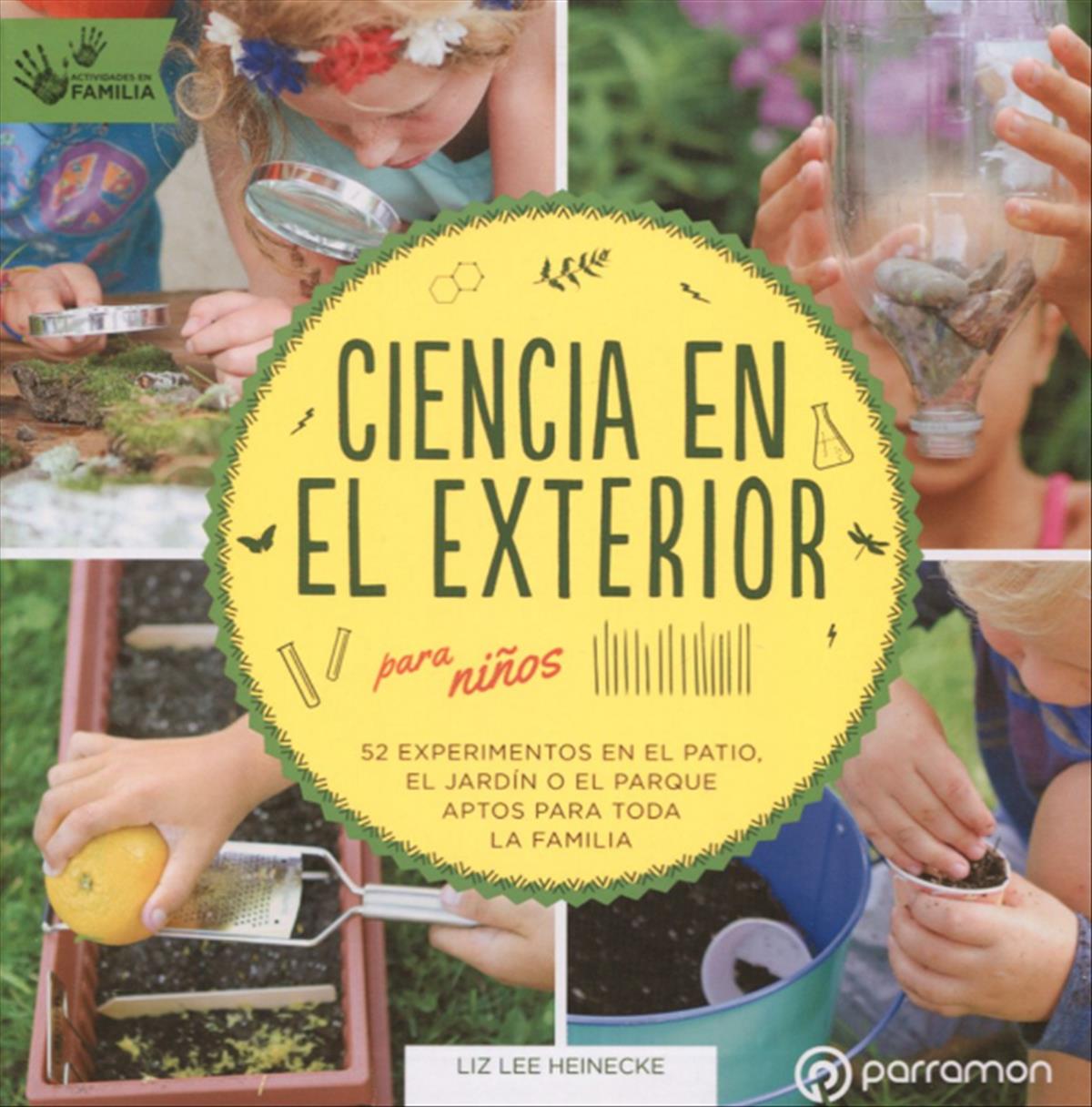
And now we jump from theory to get down to business, and for this nothing like two books that teach how to do experiments step by step:
Science abroad for children: Natural Sciences for the little ones. 52 experiments suitable for the whole family where we will learn everything about ecology, physics and chemistry.
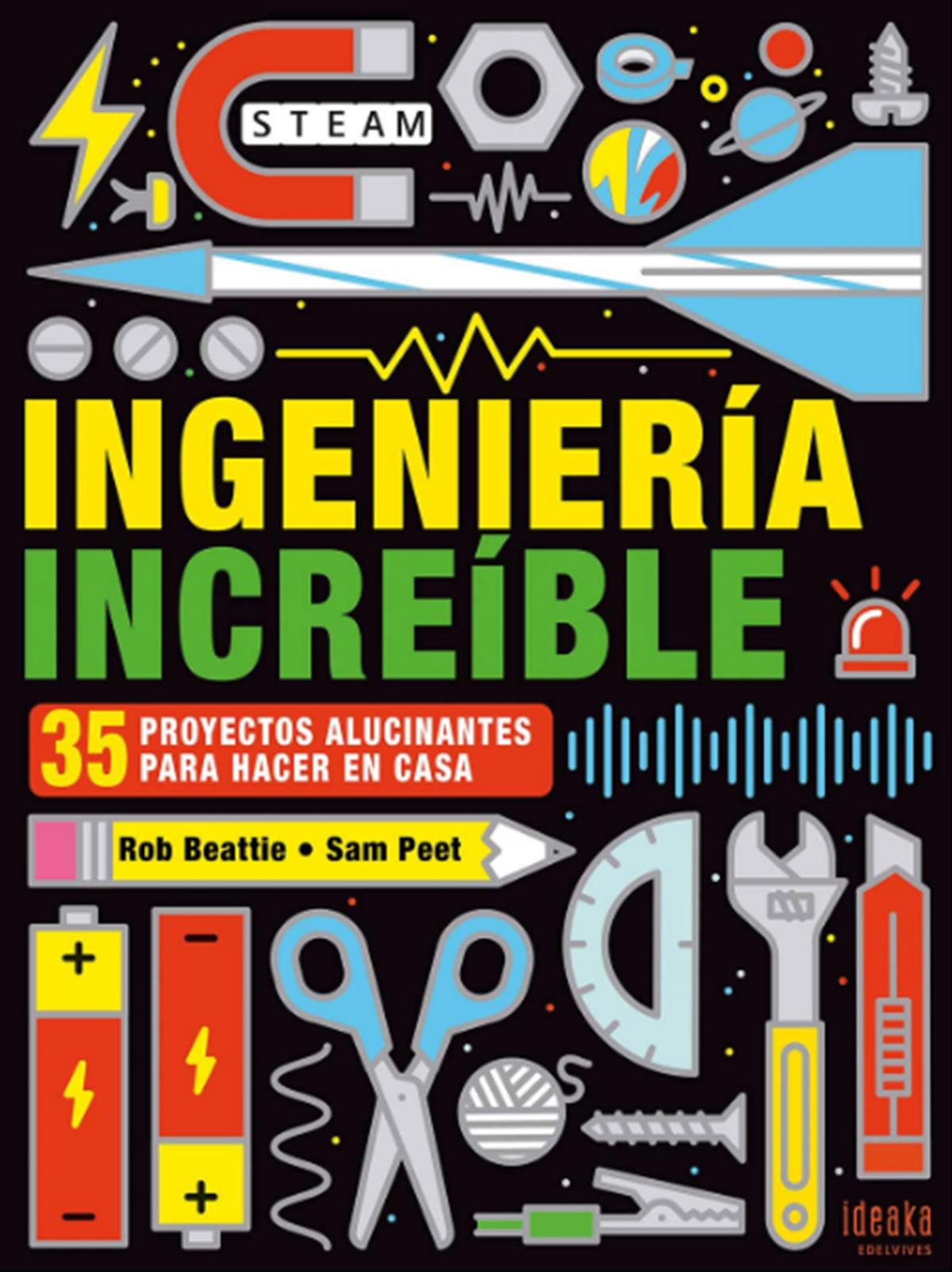
Incredible engineering: A work of art for children to do technological experiments without leaving home. From a dancing robot to a submarine made from a bottle, there is everything to make weekends much more than ice cream and a few hours of social media.
Practice is essential for interest to grow, so it is always important to think, when giving a gift, of something theoretical and something practical, so that little science fans get their hands dirty. On the other hand, it is true that a game of the type chemical it is useful, but in a short time they get bored, that is why it is important to bet on flexible experiments that are something more than a list of sequential tasks to see colors changing inside a test tube, and if parents can participate and learn at the same time , the circle closes.
Ours is the responsibility to open the minds of the kids to this exciting world, and it is not necessary to have science in the blood to be able to transmit it, there are many people who have dedicated their time and talent to do it for us.


